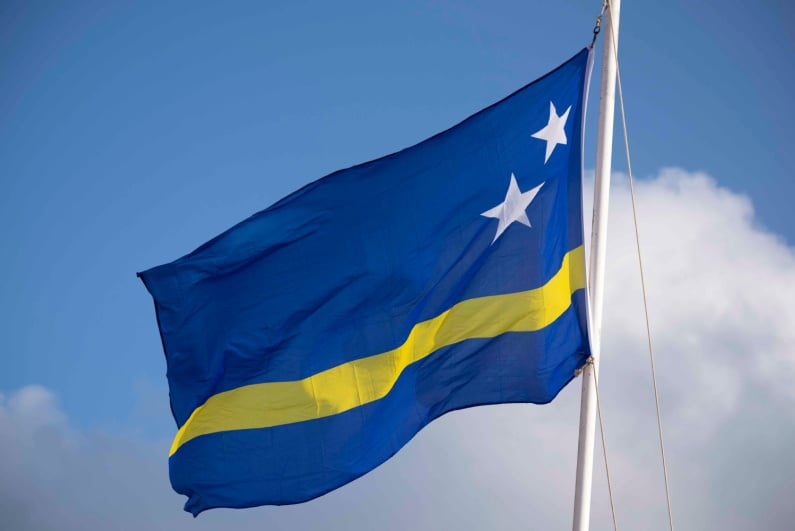Corruption accusations
Curaçao’s Gaming Control Board (GCB) has defended itself against allegations of corruption and money laundering.
Faneyte specifically named Curaçao’s finance minister Javier Silviana as guilty of corruption.
Curaçao politician Luigi Faneyte of the Real Alternative Party filed a report with the attorney general on November 25, claiming that the GCB had issued gambling licenses without a legal basis, corrupted the licensing process, and used the process for money laundering. Faneyte specifically named Curaçao’s finance minister, Javier Silviana, as guilty of corruption.
In a statement released last week, the GCB denied the claims, defending Silviana and stating that there was no corruption or mismanagement of the licensing process.
Allegations denied
In July 2022, Curaçao introduced a new regulatory framework for gambling licenses called the National Ordinance for Games of Chance (LOK). The new process experienced some teething troubles, causing a significant backlog, with all operators required to re-apply under the new framework.
The allegation that the GCB lacks the legal authority to grant licence is therefore incorrect.”
Silviana was accused of exploiting this process by granting licenses illegally, claims the GCB strongly refuted, saying: “The GCB has the authority to grant, amend, suspend temporarily, revoke, or deny licenses, as well as attach terms and conditions to licenses. The allegation that the GCB lacks the legal authority to grant licence is therefore incorrect.”
The GCB insisted that all proper procedures, including reviews of business plans, evaluations of the websites, and other forms of due diligence were all carried out.
The GCB has also been accused of money laundering, as the payment for the licenses goes directly to a government account rather than through the gaming portal. Again, the GCB strongly denied the claims.
“There is no scope for mismanagement,” the statement read. “The assertion that funds may have been embezzled is therefore not correct. Once the payment has been received, the licence will be granted by the GCB.”
BC.Game Collapse
The GCB has come under scrutiny following the collapse of BC.Game, one of many online casinos which is registered in the jurisdiction and operate in a legal gray area in many other markets where they are not licensed. The site failed to pay out several players after it folded.
Under the new regulatory system, Alternative Dispute Resolution (ADR) will be made mandatory. This includes other methods for players to retrieve funds, including mediation, negotiation, and the courts.
The GCB confirmed that the bankruptcy was not due to insolvency, and gave some hope for players hoping to retrieve funds, saying: “A trustee has been appointed to handle the estate and ensure payments to players. The GCB is consulting with the regulated entity involved to determine appropriate regulatory measures.”
